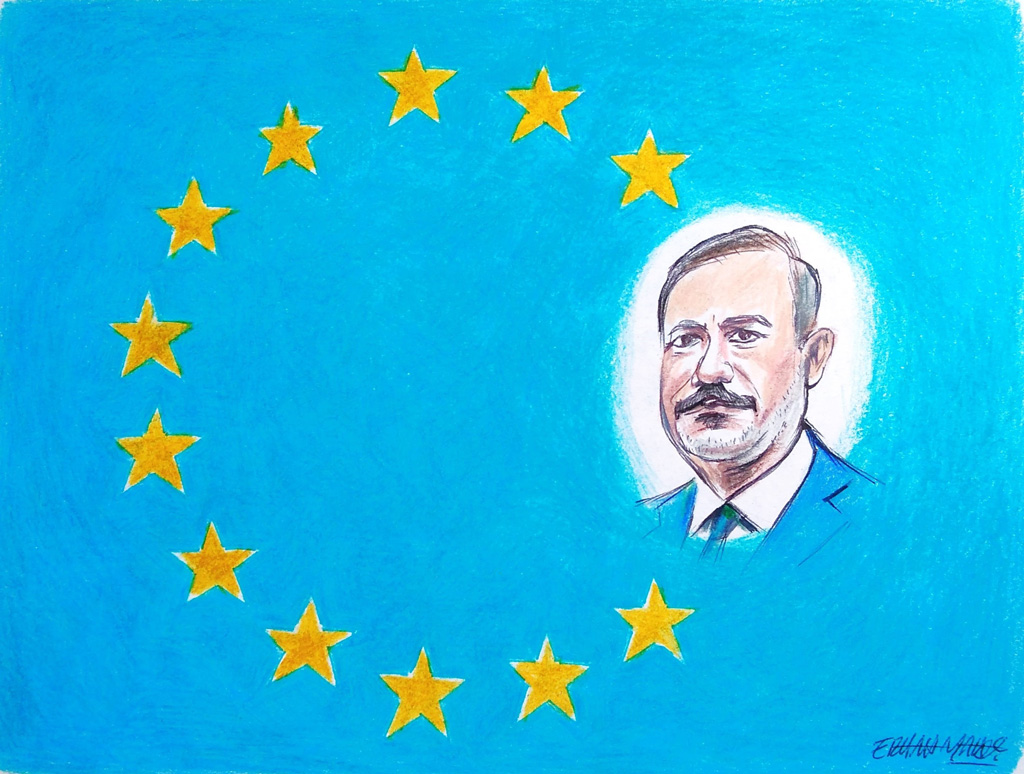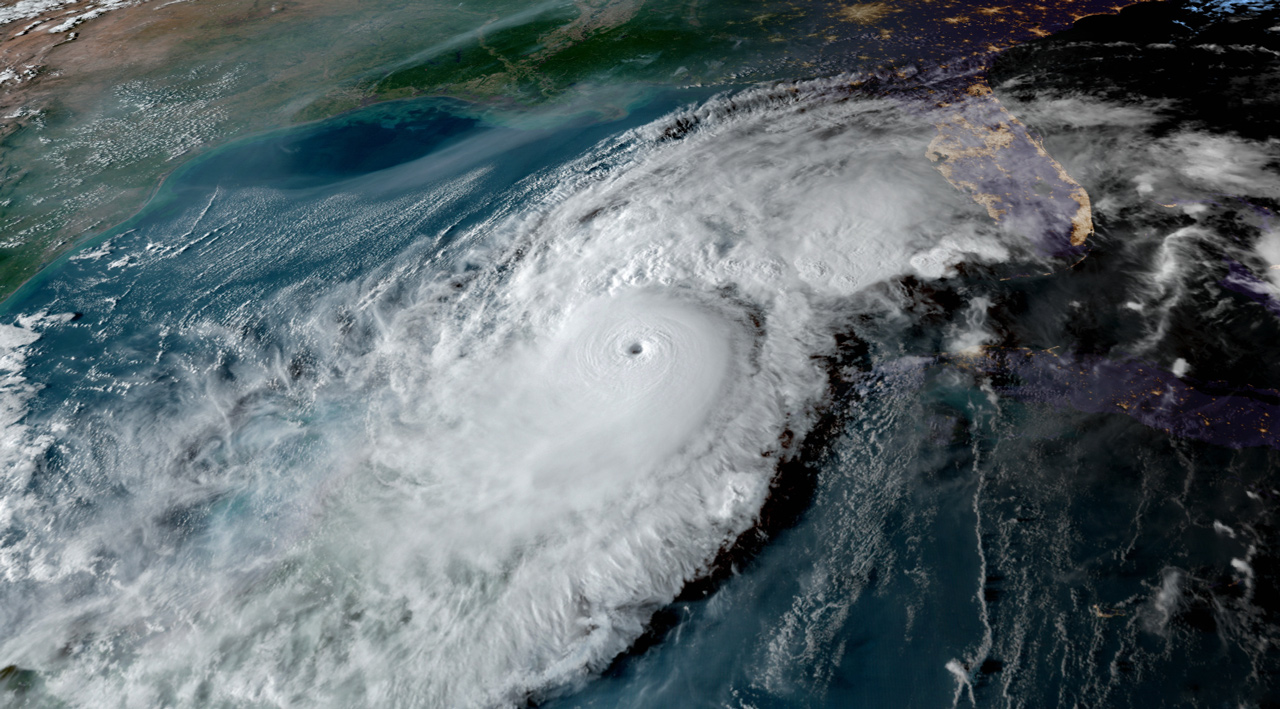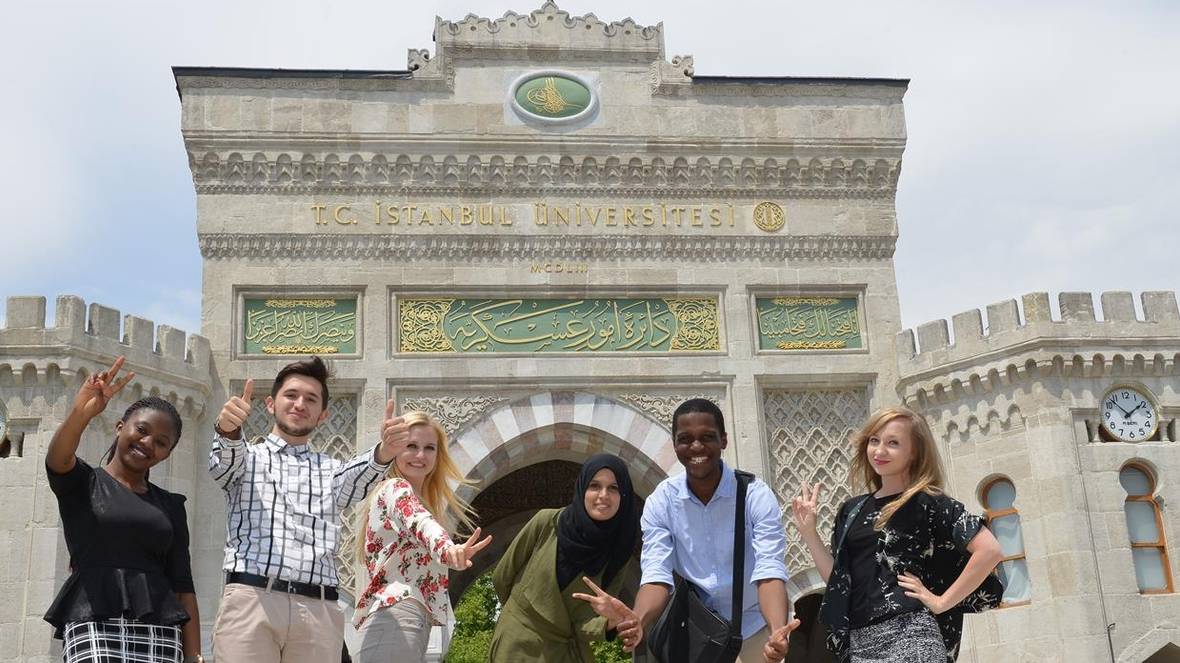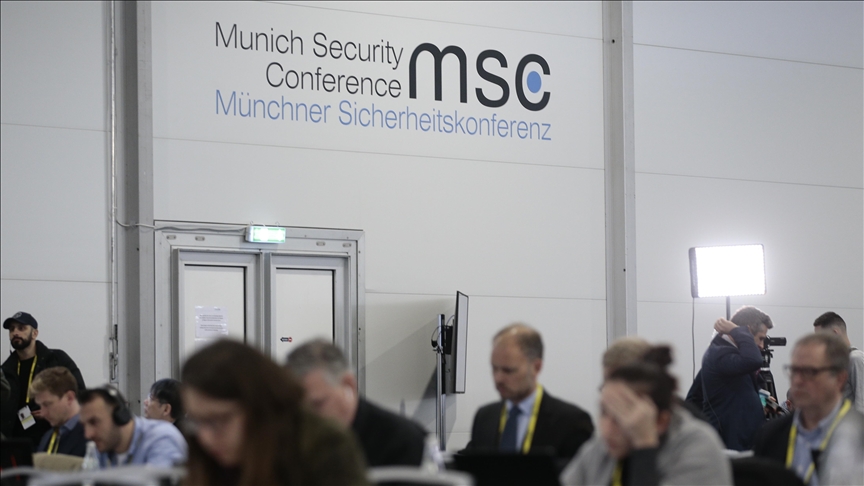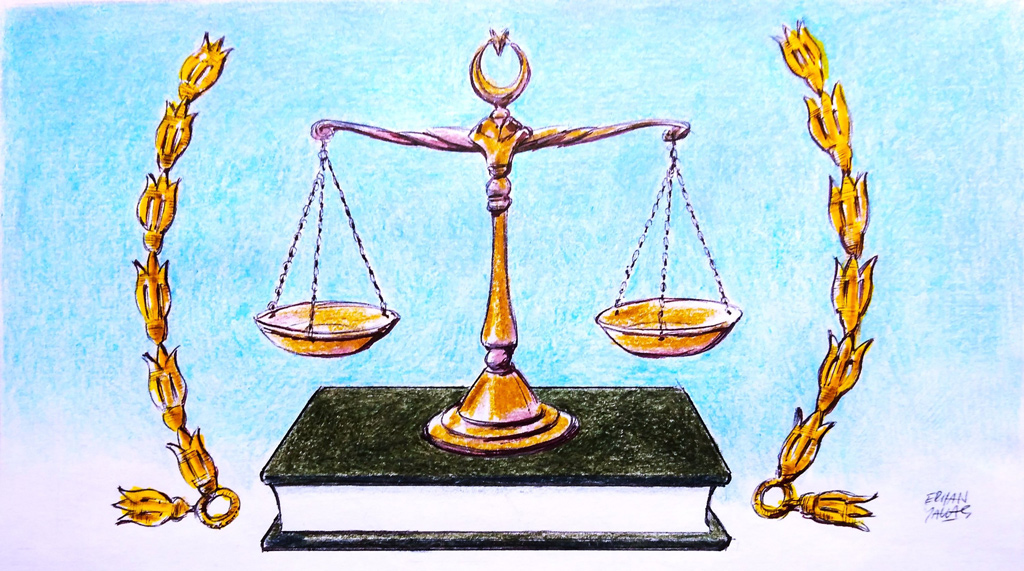Türkiye has been invited to the European Union's informal foreign ministers' meeting. Foreign Minister Hakan Fidan will be in Brussels on Aug. 29. The invitation came after a five-year hiatus. As a result, the significance of this invitation will be debated from various perspectives.
These meetings, known by the special name "Gymnich," are held once during each EU Presidency term.
Gymnich meetings differ from other EU summits. They usually focus on the EU’s foreign policy and security strategies. The goal is to develop a common strategy and perspective among member countries regarding foreign policy objectives. When setting the meeting agenda, crisis areas affecting the EU, particularly in foreign policy, are prioritized.
No official decisions are made at these meetings. No joint declaration is issued. Nevertheless, the selected topics and the nature of the discussions are important for understanding the positions of the countries involved.
In the recent European Parliament elections, far-right parties gained strength. These results will influence critical issues, particularly foreign policy priorities, both for individual countries and the EU as a whole.
Europe is closely watching the outcome of the U.S. elections. Trans-Atlantic relations, defense, foreign policy and economic issues will be impacted by the result of this election. Specifically, the course of the war in Ukraine, which directly affects Europe, will vary depending on whether Donald Trump or Kamal Harris is elected. Another topic directly relevant to Europe is Israel's ambition to expand the war in the Middle East to the region.
With the rise of the far-right, anti-foreigner and anti-immigrant sentiments are growing. These developments, which produce new crises, are becoming a decisive factor in Europe’s decision-making mechanisms and policy orientations.
As regional and global uncertainties increase, Türkiye's position in the EU’s foreign policy and security strategy is becoming increasingly important. Therefore, EU countries recognize the need to enhance relations with Türkiye.
Türkiye welcomed the invitation to the EU meeting after a five-year break as a “positive” step. It was seen as a manifestation of the EU’s search for a new dialogue.
However, merely recognizing Türkiye's importance in foreign policy and defense matters or deepening relations in these areas is not enough.
Türkiye also expects high-level dialogue on other issues, particularly the revitalization of the accession process, the updating of the Customs Union, and the visa liberalization process. Additionally, Türkiye seeks relations that are sustainable and predictable on a rational basis.
In recent years, some politicians in EU countries have voiced rhetoric like "The greatest threat to Europe comes from Türkiye," which has no basis in reality. In contrast to these populist narratives, Türkiye’s strategic importance for Europe's future has become more evident with each new global challenge.
Europe should not see Türkiye’s non-centralized regional and global initiatives as a threat. Despite all of the EU's double standards to date, Türkiye has acted rationally in line with its own interests.
It is significant that Türkiye has been invited to an EU meeting after five years. However, whether this invitation marks the beginning of a new era depends more on the attitudes of EU countries than on Türkiye.

